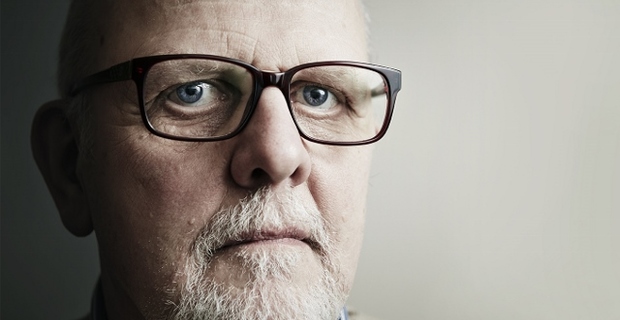Sometimes it’s impossible to believe a story or know who’s actually telling the truth. A story can be so unbelievable or unfeasible that every narrator seems unreliable and ‘the facts’ just don’t sit right. This is the main flaw in Brian Hill’s new film, The Confessions of Thomas Quick. Whilst it’s clearly an important story that should have major ramifications in Sweden, it’s told in a way which raises doubts around credibility which aren’t really addressed by the film-maker.
Thomas Quick (aka Sture Bergwall) confessed to over 30 murders whilst in a psychiatric institution receiving revolutionary new repressed memory treatment. After confessing to the murder of an eleven year old boy in 1980, a close team of medical professionals and criminal investigators worked with him for over two decades. They kept him drugged-up on benzodiazepines, convinced the therapy he was receiving would cure him.
The Confessions of Thomas Quick is filmed in a mix of Scandinavian crime thriller and a traditional documentary style, using reconstructions, interviews and archive footage. This combination only adds to the air of unreality and wrongness, and whilst the interviewees all seem to be singing from the same hymn sheet, it’s completely one-side. What should on paper be a huge scandal, both for the Swedish mental health (which already has a rather dark history) and the criminal justice system, seems to be largely met with apathy. Brian Hill’s film leaves more questions than answers, not least about the credibility of Bergwall’s testimony.
The Confessions of Thomas Quick is out in cinemas on August 14.











No Comment